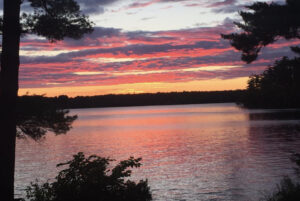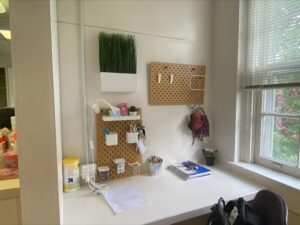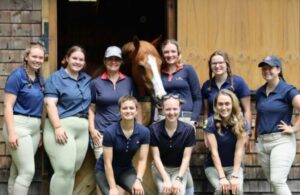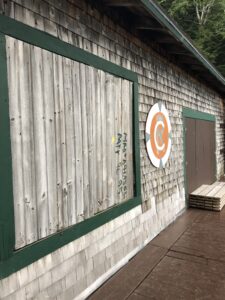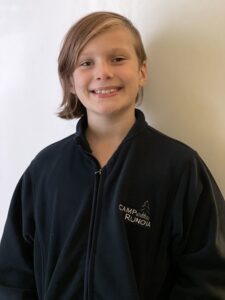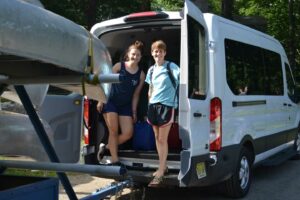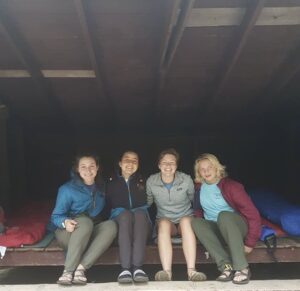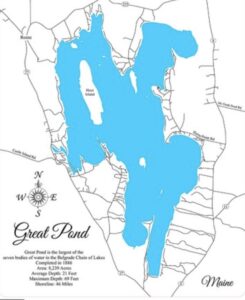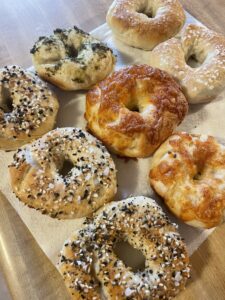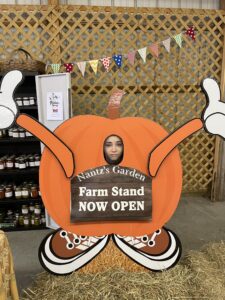Green and Sustainable Practices at Camp Runoia
Thanks to Mark Heuberger for the material for this weeks blog. Mark is dedicated to safe lakefront practice and stewardship. Mark is an awesome advocate for lake protection and preservation and passes his knowledge and enthusiasm along to campers and staff.
This is Camp Runoia’s statement and goals for best environmental practices. We believe that it is our duty to do our best to protect and preserve the land that Camp Runoia sits on and to teach the next generations the importance of walking gently on the earth. We acknowledge that we live on the lands of the Wabanaki people who nurtured the land before us and were dedicated to living in harmony with nature.
Camp Runoia is continually striving to increase the sustainability of our activities and decrease our impact on the environment through green and responsible land use practices. We are proud of what we have accomplished.
Recycling, Composting, and Waste Reduction
· Recycling is and has been a way of life at Runoia for over three decades: paper, corrugated cardboard, glass, plastic, metal, newspapers, and magazines are separated and taken to our town transfer station for recycling. Campers, counselors and staff are involved in the daily process of separating waste and recycling everything we can.
· Composting – separating biodegradable waste from our food scraps has helped to reduce our food waste and resulting in nutrient-rich “black gold” soil for our landscaping and gardens through the composting process.
· Spreading manure to fertilize our pastures rather than accumulating piles of manure has proved efficient for our barn management, reducing consolidated waste and reducing potential impacts to the watershed from runoff.
Education and Awareness
· Appreciation for nature and nature conservation are key parts of living at camp surrounded by the natural beauty of woods, lakes, and mountains with people who care. Being located in the Belgrade Lakes Watershed, a watershed area of 180 square miles, 7 major water bodies, and over 9400 acres of conservation land heightens our awareness of human impact on the natural environment
· We identify species of native trees, wildflowers and fungi, take hikes through conservation land, and learn about the natural animal, bird, fish, and inspect species.
· We discuss with staff and campers best practices to minimize our impacts on the lake water quality and natural habitats.
· We teach and implement Leave No Trace practices in our Campcraft and trip programs.
· We often invite local experts on invasive plant species identification and awareness to come to camp to present. The speakers help our campers and counselors to know they can play a part in preserving our watershed area through species identification and reporting suspected invasive plants growing or floating in our lake.
· Campers may choose to participate in programs such as Farm and Garden, where they learn about raising organic vegetables and local food sources or Campcraft, where they learn about living in nature and sustainable camping practices.
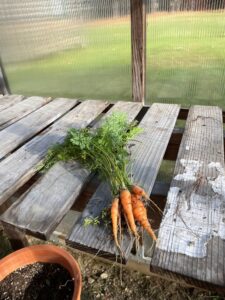
Energy and Water Use
· Awareness of water usage and water conservation is discussed and conservation is practiced in everyday living at camp.
· 80% of camp light bulbs are now high-efficiency bulbs used in our living areas.
· We have a greenhouse and garden beds where campers can do gardening and grow and pick vegetables. Irrigation water is supplemented by rainwater collected in rain barrels, and soil is supplemented with compost from food waste and fallen tree leaves.
· More than 50% of our cleaning products are natural or “green” awarded products.
· We are moving toward greener construction in new buildings and use of natural light and natural products.
· We buy local food to supplement our camp food; participating in Community Supported Agriculture (CSA) with our local farmers. Campers participate in collecting our farm shares.
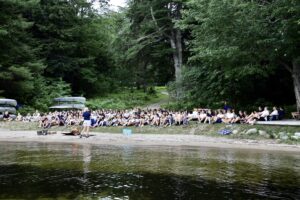
Lake and Watershed Protection and Land Conservation
· Camp Runoia is situated where thousands of acres of land have been held aside in conservation through the efforts of local organizations and individuals. We support the 7 Lakes Alliance who play a key role in land conservation, preserving areas for
hiking trails and restricting development of areas where development would most impact the watershed.
· Camp Runoia also supports The Belgrade Lakes Association, with a mission to protect and preserve Great and Long Ponds, a formidable association in our area – bringing awareness and education to the lake protection.
· We were awarded a Maine DEP Lake Smart Award for the highest rankings in all four categories of the award for good practices to reduce impacts to the lake. We proudly display our award at the Lodge and at the waterfront.
· Erosion control practices on our paths, roads, and drip lines of buildings are managed in our site and facilities plan.
· Natural landscaping and maintaining natural vegetative
buffer zones between our living areas and the lake’s shore line helps reduce run off and phosphorus contribution to our lakes. We have also eliminated phosphorus fertilizers in our lawn care.
· We have a documented schedule to maintain and pump out our septic systems to minimize the impact on water quality.
· Over 80 acres of Camp Runoia property have been set aside as Conservation Land and/or Tree Growth Land and we maintain and follow a Tree Growth Plan.
We are committed to protecting and preserving Camp Runoia for future generations and educating those that will continue the work long into the future.
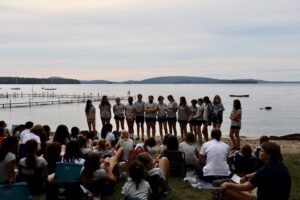
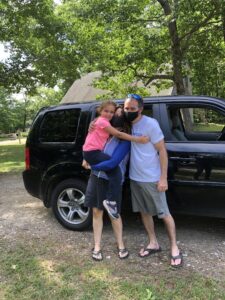 You send them to camp because you believe in us
You send them to camp because you believe in us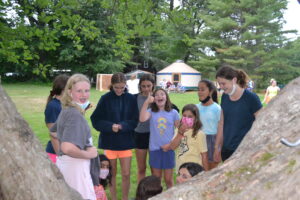 The list goes on and on.
The list goes on and on.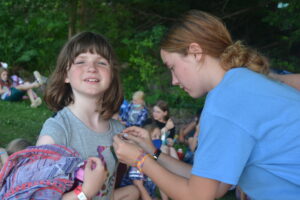 different perspective, to laugh it off with you.
different perspective, to laugh it off with you.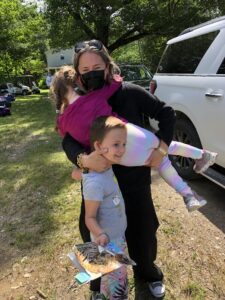
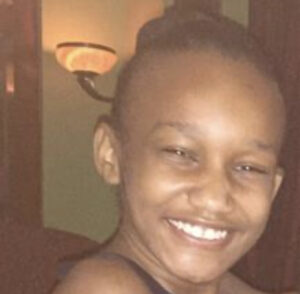
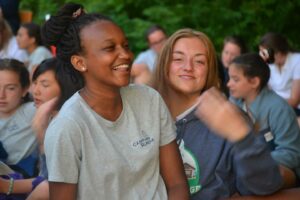 growing up, so during the summer at camp I looked forward to the traditions of having campfires and singing the songs that correspond, every weekend. I looked forward to having braiding circles every night before going to sleep. Most of all, I looked forward to our annual competitive team games. Sailing regattas, swim races, soccer and softball
growing up, so during the summer at camp I looked forward to the traditions of having campfires and singing the songs that correspond, every weekend. I looked forward to having braiding circles every night before going to sleep. Most of all, I looked forward to our annual competitive team games. Sailing regattas, swim races, soccer and softball 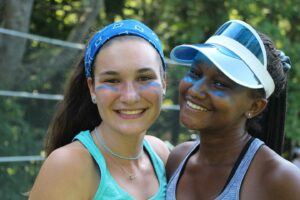 Being a leader has always been natural to me as I am a very outgoing, outspoken person. At camp, there was never a time I did not want to volunteer to participate in something or be elected to be captain. As team captain, I would organize plays for sports and come up with new events for both teams. I also led my team to three victorious summers in a row, might I add. Though those were low-stakes things, they inspired me to get more active during the year with other leadership positions in my national organization and school. Pre-Covid, I held positions such as Nominating Chair and Recording secretary for my organization Jack and Jill Of America Inc., Very different from each other, as I can say there was no cheering or chanting but required the integrity and proactive skills I once learned at camp. Moving up the ladder, I held the position of Vice President and, in the same year, as President of my school’s Black Student Union, which, although virtual, was nothing short but exciting.
Being a leader has always been natural to me as I am a very outgoing, outspoken person. At camp, there was never a time I did not want to volunteer to participate in something or be elected to be captain. As team captain, I would organize plays for sports and come up with new events for both teams. I also led my team to three victorious summers in a row, might I add. Though those were low-stakes things, they inspired me to get more active during the year with other leadership positions in my national organization and school. Pre-Covid, I held positions such as Nominating Chair and Recording secretary for my organization Jack and Jill Of America Inc., Very different from each other, as I can say there was no cheering or chanting but required the integrity and proactive skills I once learned at camp. Moving up the ladder, I held the position of Vice President and, in the same year, as President of my school’s Black Student Union, which, although virtual, was nothing short but exciting.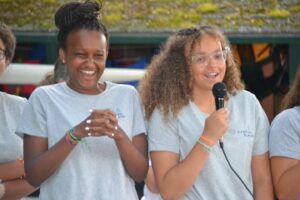
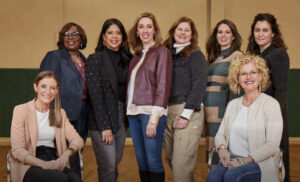

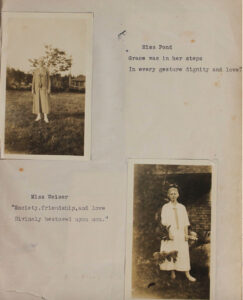
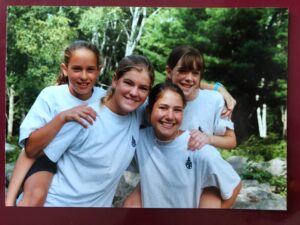 For nearly 100 summers, Runoia has been flying the team colors of Blue and White but, let it
For nearly 100 summers, Runoia has been flying the team colors of Blue and White but, let it 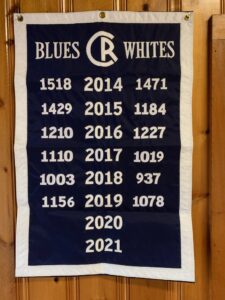 be known that before 1923, each summer brought with it new team names: The Hooks and Eyes, The Crickets and Grasshoppers.
be known that before 1923, each summer brought with it new team names: The Hooks and Eyes, The Crickets and Grasshoppers.

